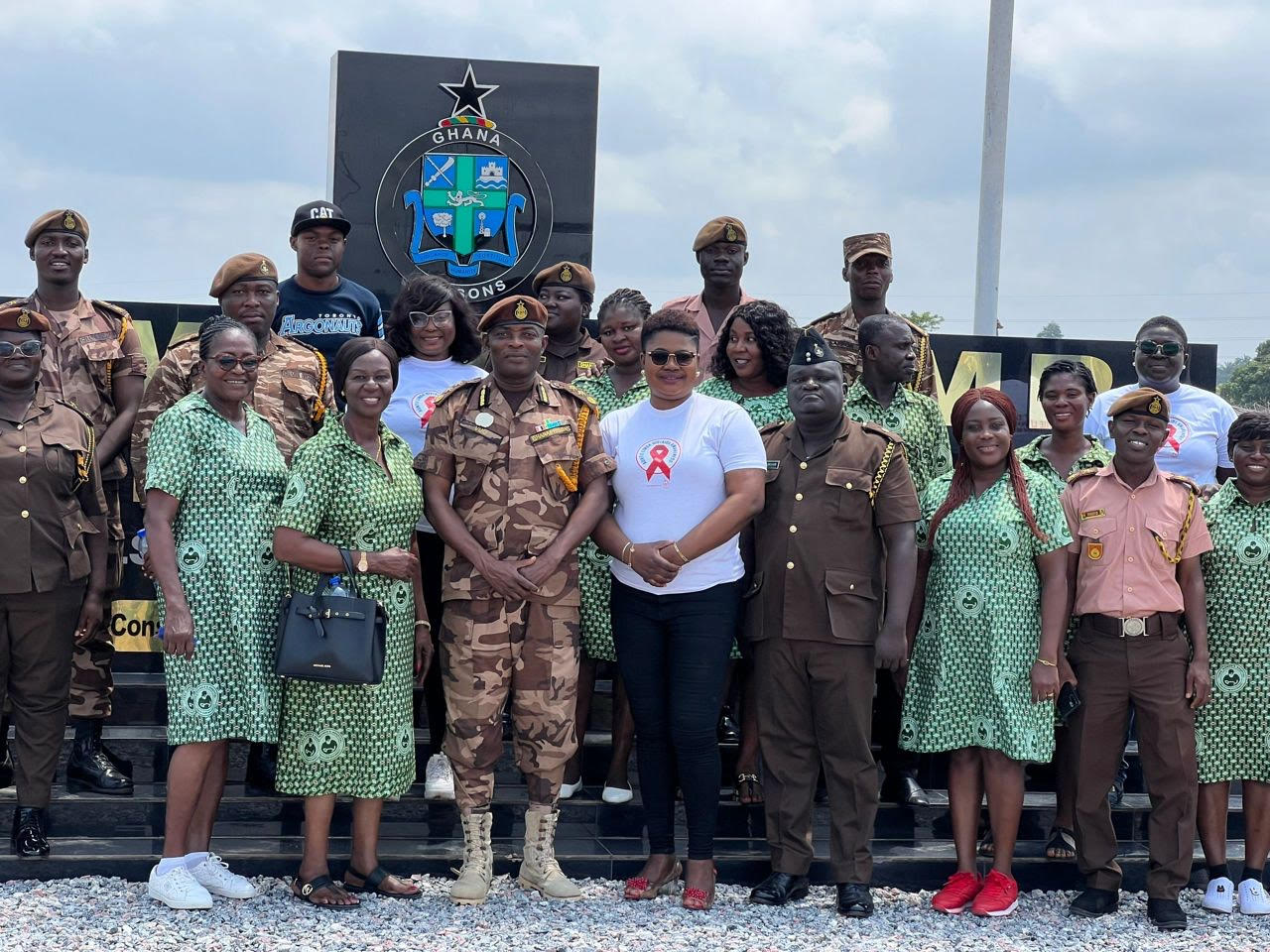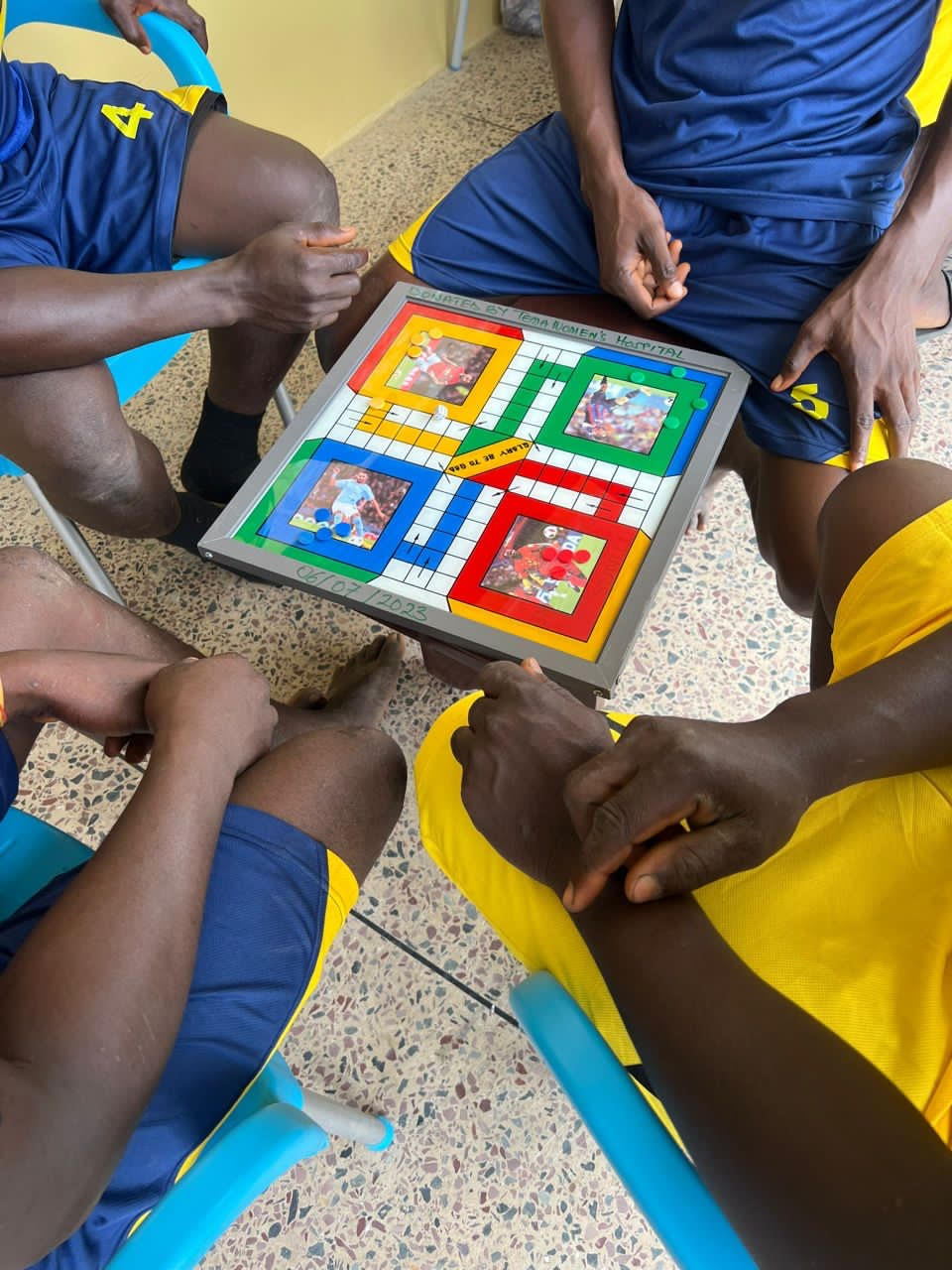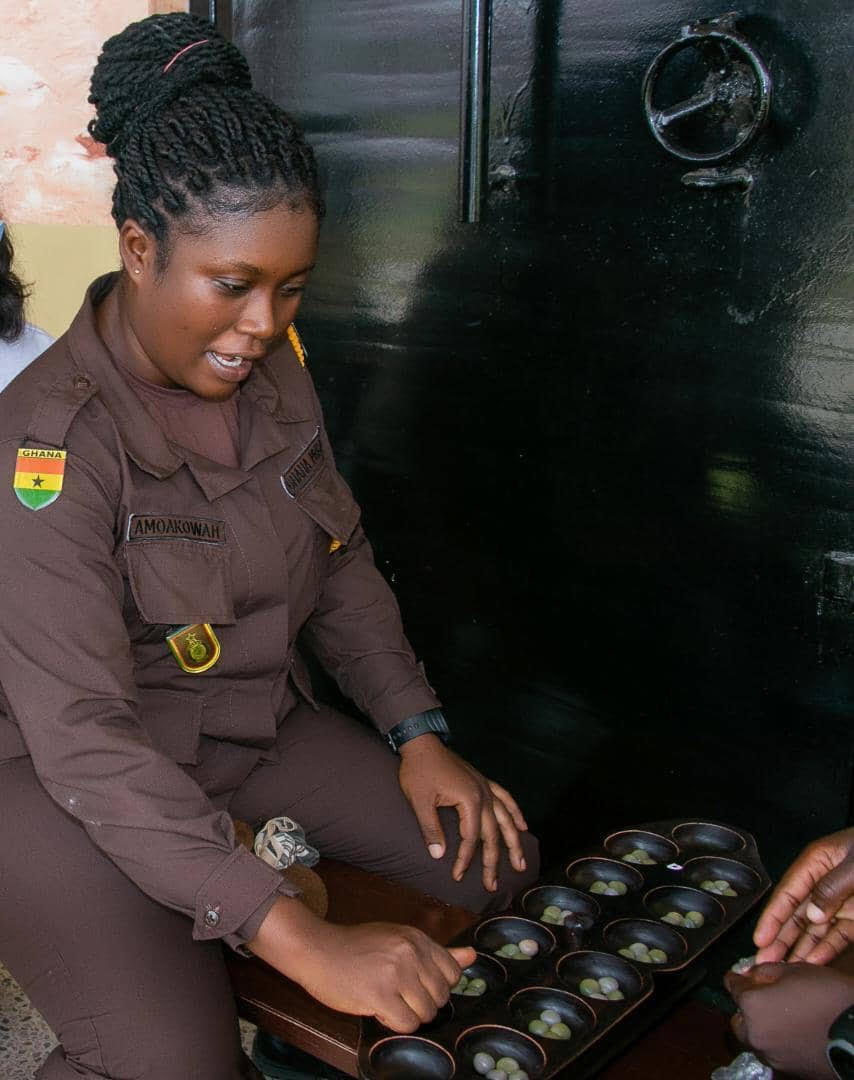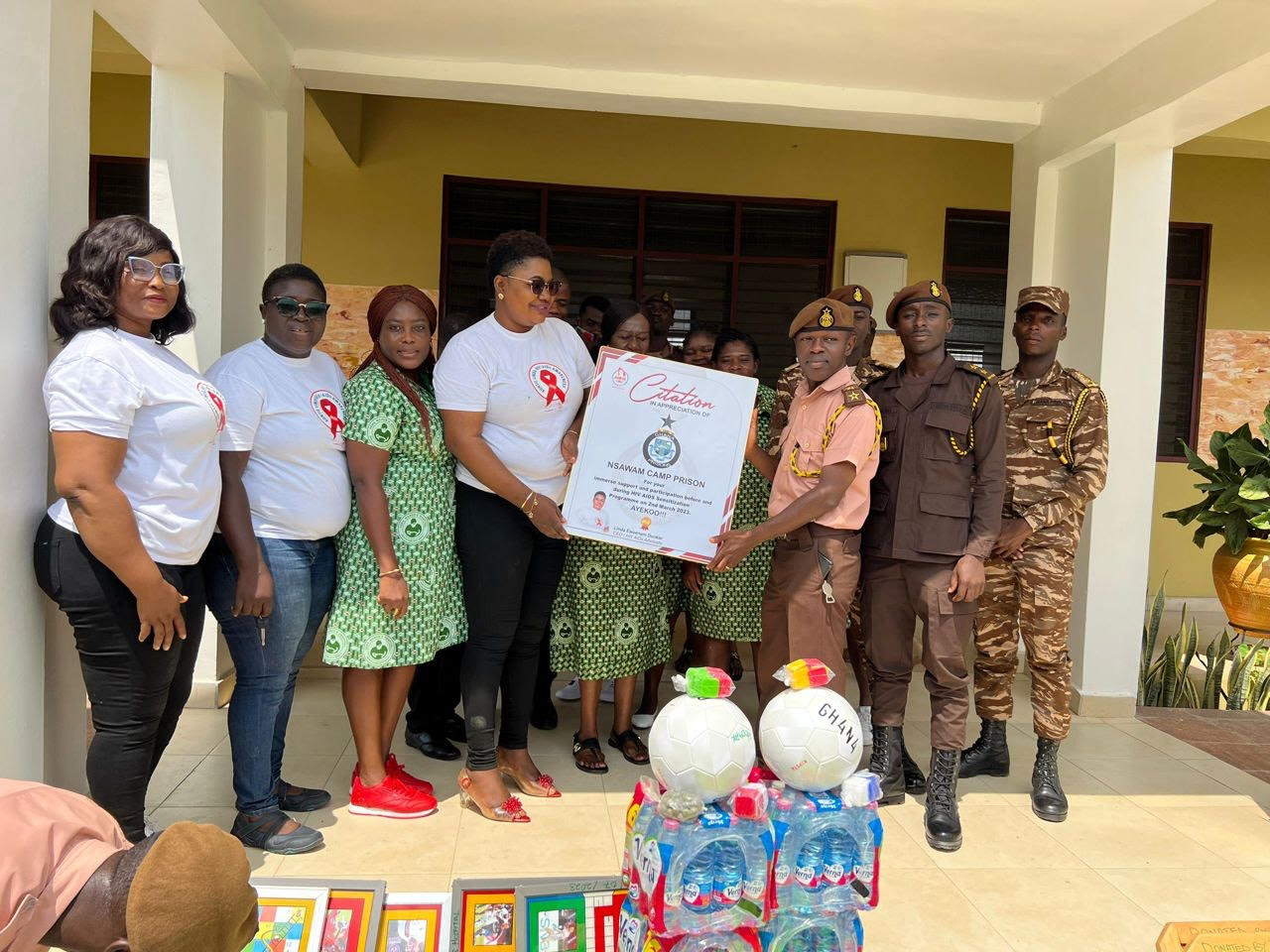HIV/AIDs infection keeps increasing in Ghana during and after the COVID-19 pandemic which resulted in 23,495 people being recorded as newly diagnosed with HIV between January to June 2022.
An opportunity to educate the public about the impact of HIV on the general public spearheaded by a Ghanaian Humanitarian, Auntie Linda Foundation, a non-profit organization that works to ensure young people have the tools and power to protect themselves against HIV, sexually transmitted infections (STIs), not to share sharp objects with other people and be faithful to their partners.
Ghanaians have low awareness about the human immunodeficiency virus (HIV), making them at risk of getting and spreading the disease, an HIV Advocate, Auntie Linda Ewoenam Donkor, Chief Executive Officer of the Foundation has said.

In view of this, the Foundation stepped in with vigorous sensitization programs to create awareness of the rise of new infections and the need for the general public to be extra careful and vigilant.
One of the Community outreach programmes took the Foundation to Nsawam Camp Prison on March 2, 2023, to have both Officers and Inmates Sensitized on: Mode of transmission of HIV, HIV self-testing, condoms use, HIV stigmatization, and many more.
Officers and inmates were refreshed and officers were given free condoms, lubricants, and HIV self kits to know their HIV status.

During interactions with the inmates, they made a passionate appeal to benevolence to help them with indoor and other games to be played during their leisure time together with other items.
Upon several appeals to individuals and Organizations, Tema Women’s Hospital together with Auntie Linda Foundation donated indoor and outdoor games, training Vest Medicated Soaps etc, worth Gh¢6000 to the Nsawam Camp Prisoners.

Both officers and inmates showed their happiness and appreciation during the donation ceremony by playing some of games with the donors.
According to the Joint United Nations Programme on HIV/AIDS (UNAIDS), as of 2020, an estimated 330,000 people were living with HIV/AIDS in Ghana.

The prevalence rate among adults (15-49 years) was estimated to be around 1.7%. It’s important to note that these figures are subject to change as new data becomes available.

In recent years, Ghana has made progress in its efforts to combat HIV/AIDS. The country has implemented various strategies and interventions to prevent new infections, improve access to treatment and care, and reduce stigma and discrimination associated with the disease.
Pulse





